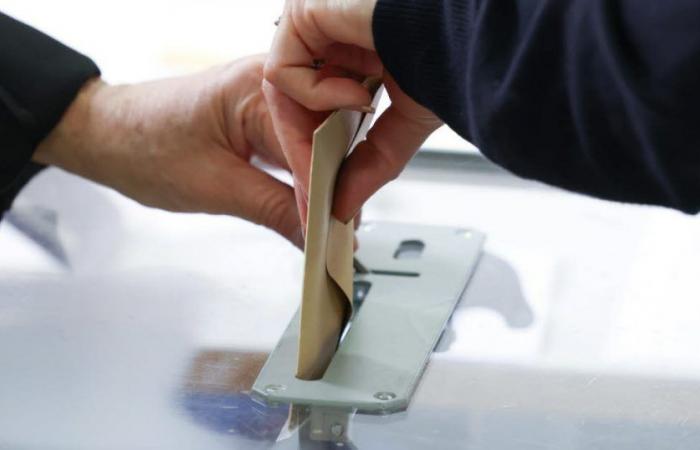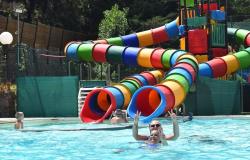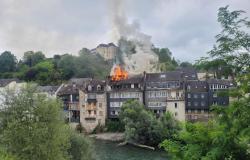The first round of early legislative elections, called by Emmanuel Macron after the surprise dissolution of the National Assembly on the evening of the European elections, takes place this Sunday. The second round will be held next week, July 7. At the end of these legislative elections, 577 deputies will be elected for five years. But then how to vote? With what papers? When will the results be known? Here’s everything you need to know before you vote.
How do I know if I can vote and where?
The electoral lists have not been modified since the European elections of 9 June. If you voted in those elections, you should therefore be able to vote in the legislative elections by going to the same polling station. This is indicated on your voter card.
If this is not the case, you can check if you are registered on the electoral lists on the service-public.fr website. To do this, you must log in with your France Connect credentials, then indicate the municipality in which you think you are registered. You will then obtain your national voter number, the municipality where you are registered and the address of your polling station.
What documents are required?
The voter card, if recommended, is not mandatory to vote. On the other hand, you must prove your identity. For this, several documents are authorized, the most obvious of which are the national identity card (valid or expired for less than five years), the passport (valid or expired for less than five years), the vital card with photograph, the driving license.
The parliamentary identity card (valid) with photograph, issued by the president of a parliamentary assembly, the local elected official identity card (valid) with photograph, issued by the State representative, the combatant’s card (valid) with photograph, issued by the National Office for Veterans and Victims of War, the disability card (valid) with photograph or the mobility inclusion card (valid) with photograph, a State civil servant identity card with photograph or a receipt serving as proof of identity (valid), issued in exchange for identity documents in the event of a judicial review and a hunting permit (valid) with photograph, issued by the National Office for Hunting and Wildlife are also accepted.
What are the hours of the polling stations?
Polling stations are generally open from 8 a.m. to 6 p.m. But an order from the prefect can bring forward or delay these times. In large cities, such as Paris or Lyon, it is often possible to vote until 8 p.m. You can consult your town hall website or contact them directly to find out the opening hours of polling stations.
How does voting take place?
You can go to your polling station this Sunday, June 30 during opening hours. The voter is subject to certain restrictions: he is not allowed to enter with a weapon and any discussion or deliberation of voters inside the office is prohibited.
Inside the office, you must present an ID and an envelope is given to you. After taking the ballots of several candidates (at least two) on the table, you must go to one of the available voting booths to make your choice. Be careful, you must not write anything on the ballot or the envelope because your vote will be counted as invalid. Once you leave the voting booth, you must present your ID again and then slip your ballot into the ballot box. You will then simply have to sign the attendance sheet and have your voter card stamped if you have one.
When will the results be known?
At 8 p.m., the closing time of the last polling stations, a first estimate of the results will be announced. Any dissemination of results, even partial, before the closing of the last polling station is prohibited. The estimate of the results will be refined as the counting progresses during the evening.






